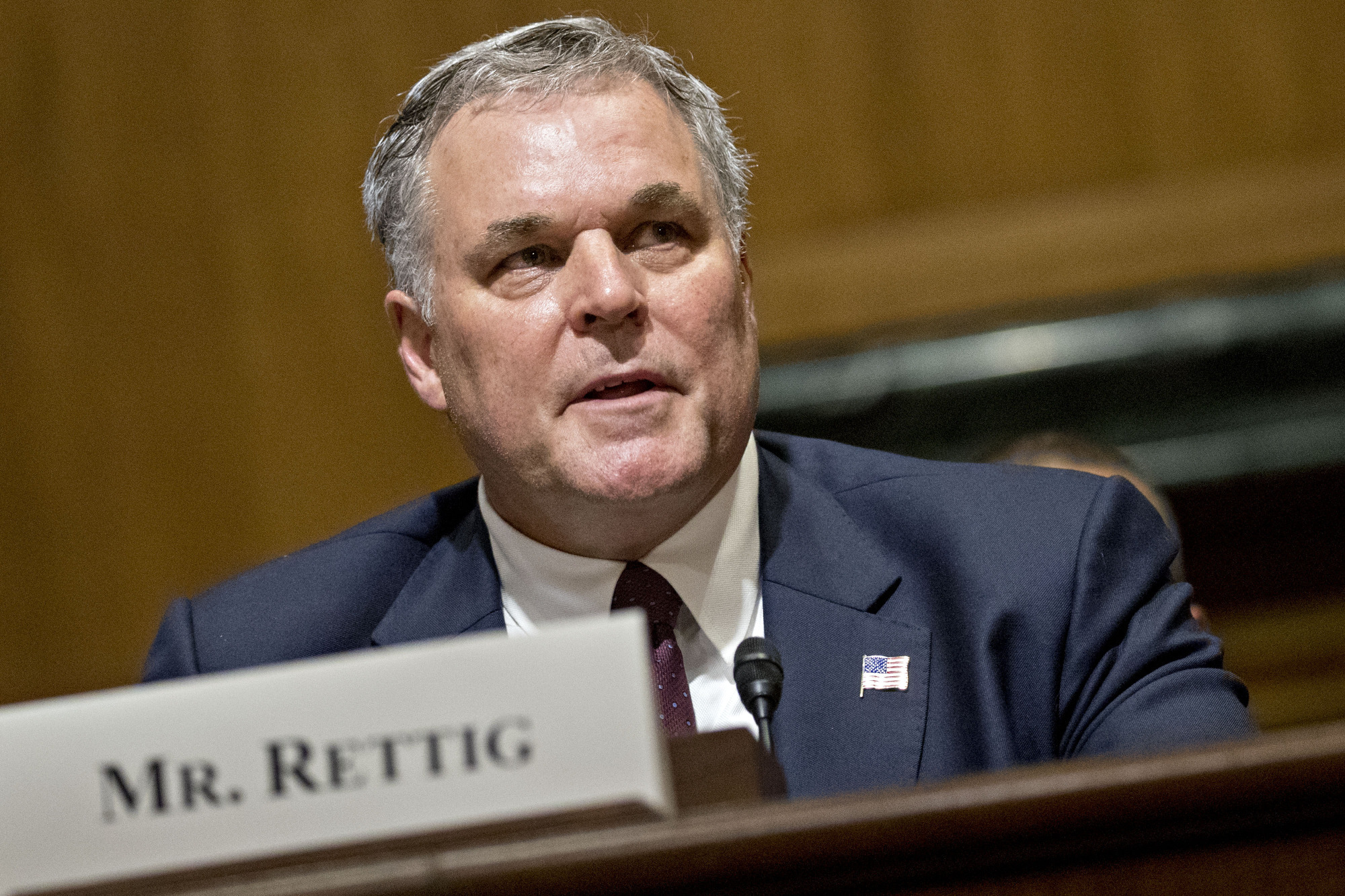The Internal Revenue Service sent a set of recommendations Monday to Congress for how it plans to carry out the Taxpayer First Act, a far-reaching set of reforms that Congress passed in 2019 to make taxpayer service more of a priority for the IRS and to modernize the agency’s aging technology.
In its Taxpayer First Act report, the IRS described its plans for improving its training strategy, organizational structure, and interactions with both taxpayers and tax professionals. Other planned improvements include expanding digital services, including digital filing and payment options, along with online portals for tax professionals. The IRS also hopes to improve its outreach to underserved communities and populations, as well as expand the breadth of languages it supports for taxpayers whose first language isn’t English.
The IRS also intends to do more outreach and education, expand its social media strategy, improve its new enterprise case management system, employ more sophisticated data analytics, and build further partnerships with the larger tax community.
“The real goal is to reimagine the way we provide service to taxpayers, tax professionals and others, literally everyone who interacts with us,” said IRS Commissioner Chuck Rettig during a conference call Monday with reporters. “We know we can do things better. We want to do things better. We want to do more, and I think we have this report and the efforts that we’re going to have from here forward will really bring us into a new ear in tax administration. It’s what the people of our country deserve and I think it’s also what they anticipate when they interact with the private sector.”
He pointed to the two rounds of Economic Impact Payments the IRS has been delivering to hundreds of millions of taxpayers since the passage last year of the CARES Act and the more recent coronavirus stimulus legislation passed by Congress late last month. In response to the new COVID-19 relief bill, the IRS started depositing stimulus payments in taxpayers’ accounts last week and is in the process of sending out checks as well.
The changes in taxpayer service and technology improvements have been long overdue at the IRS. “I think it’s time to change,” said Sunita Lough, deputy commissioner for services and enforcement at the IRS. “We all agreed. Congress agreed on the importance of change that meets the needs of the American public as well as all over the world. One of the things that has really changed is the digital world. We are not there yet, but over the last year we have made leaps and bounds as a result of the necessity of COVID. Being digital will also help us provide a seamless customer experience.”
She said the IRS has also made progress in becoming more multilingual to help the millions of taxpayers who speak other languages besides English. Many IRS employees are multilingual as well, she pointed out.
One area that is not changing so much is the IRS appeals function, despite provisions in the Taxpayer First Act calling for an independent Office of Appeals and reforms in the appeals process. Lia Colbert, who recently took over as the deputy chief of appeals, argued that the law merely codifies what is already in place at the agency.
“That language really codifies the critical and important nature of the independent Office of Appeals.” she said in response to a question fromAccounting Today. “There’s been an independent arm of the Appeals office almost a hundred years. What’s important is this legislation really codifies that mission of Appeals, the independent nature of Appeals, and the critical role that Appeals plays in tax administration, so it’s not going to be seen as a moved organization, per se. It stays at the right arm of the commissioner as a commissioner direct report, and it stays as importantly a division of the Internal Revenue Service, there to help really bring that fair and impartial look to try to achieve resolution for taxpayers without having to have the case go to Tax Court. ”
She rejected the notion that the office will function any differently as a result of the legislation, although it does include provisions requiring the IRS to provide taxpayers with a written explanation of why an appeal has been denied and allow taxpayers to protest the decision. The Appeals office is also supposed to provide Congress an annual report on the number of denied requests for appeals and the reasons why.
“The leadership of Appeals, the amazing employees of Appeals, will continue to work robustly with their taxpayers to make sure that independence itself is felt and that we are working to dispel any perceptions that we are not an independent arm,” said Colbert.
The IRS is also proposing in the report to create a Taxpayer Experience Office that would work with the National Taxpayer Advocate’s Taxpayer Advocacy Service to help taxpayers with their problems.